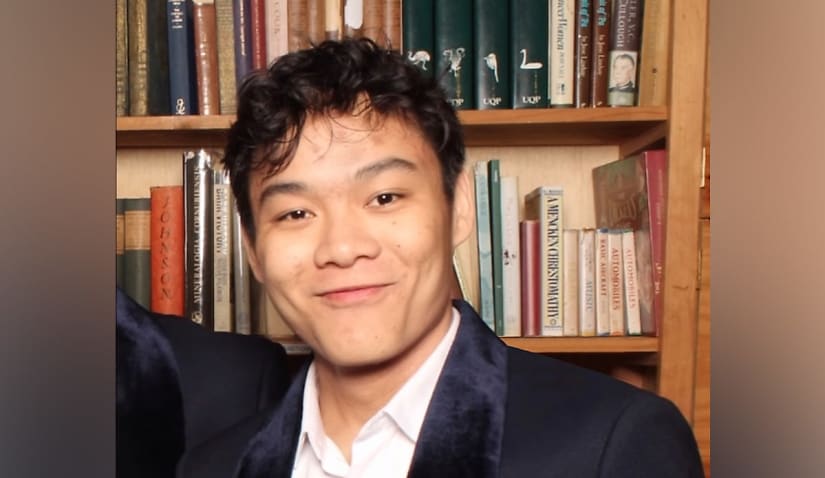While burnout has become an increasingly rapid (and almost accepted) part of being a law student, Aaron Lee shares the successful strategies he has used to overcome this widespread challenge and help his peers not just survive but thrive while at university.

Speaking on a recent episode of The Protégé Podcast, Aaron Lee, a fourth-year commerce and law student at UNSW and a paralegal in personal injury law, discussed the growing prevalence of burnout among law students and the urgent need for greater awareness as the pressures they face continue to intensify.
He also shared the practical strategies he has incorporated into his daily routine to successfully manage and overcome burnout, drawing on his own experiences.
Looking back on his early years at university, Lee shared that the constant struggle to “juggle study, work and other commitments” took a heavy toll on him, leading to “burnout more than once” as he constantly pushed himself beyond his limits.
“Thirty-five per cent of law students in Australia experience very high or high levels of psychological distress compared to 13 per cent of the general population within the same age range,” he said.
However, as his studies progressed, Lee came to realise that success isn’t about sacrificing everything; rather, it is about planning, building healthy habits, and looking after his mental and physical wellbeing.
The need for change to occur has never been more urgent and needed, with Lee emphasising that “the pressure on law students has honestly never been higher”.
“There’s such a strong sense of competition, whether it’s for clerkship jobs or even just keeping up with your studies. That can make people feel like they need to constantly push themselves, often at the expense of their health, and there’s this idea that if you’re not exhausted, you’re sort of like not doing enough,” he said.
But through his own experience, Lee has learnt that “constantly running empty, doesn’t make you more competitive or a better candidate”, noting that such practice “just makes you flat out”.
To tackle this issue at its core, Lee emphasised the need to “shift the conversation towards smarter ways of working, rebuilding sustainable routines and understanding that looking after yourself is actually what helps you perform at your best in this sort of environment”.
One of the most impactful strategies Lee has adopted to manage the demands of law school and combat burnout is the “AAA battery” approach, a concept introduced to him by Dr Kelsey Burton at UNSW.
The first “A” stands for awareness – “becoming aware of what drains energy and recognising both mental and physical signs of stress. So, for me, that meant noticing when I was pushing too hard, when my focus dropped, or even simple things like physical tells, like tight shoulders or shallow breathing”, Lee said.
The second “A” stands for assess.
“Step back and ask yourself, what’s really causing the stress? Is it the fear of falling behind unrealistic expectations, or am I taking on too much? So, I found that being honest with yourself in these moments helps shift your perspective,” Lee said.
And the third “A” stands for adjust.
“Make the changes as you need and as you see fit. That could be adjusting mindset or changing your environment, like breaking big tasks into smaller, sort of more achievable steps, or scheduling time for exercise or mental breaks without feeling guilty about it,” he said.
One unexpected yet highly effective strategy Lee stumbled upon online is the idea of “breaking one day into three separate mini days”, where “the first day would run from 6am to 12pm, and the second from 12pm to 6pm, and the third from 6 pm to midnight”.
“It’s a simple mindset shift, but incredibly powerful. Instead of thinking of the day as one long stretch where you need to be productive constantly, this approach provides three types of fresh starts,” he said.
“So, if I feel like the morning didn’t go well, I can reset at 12pm and treat it like the start of a new day.”